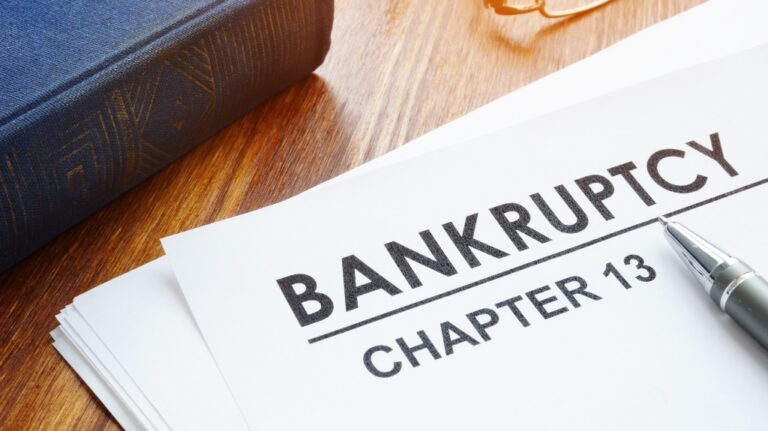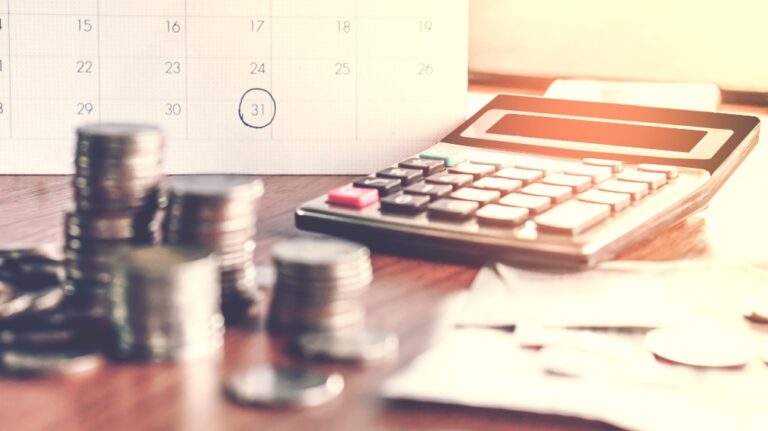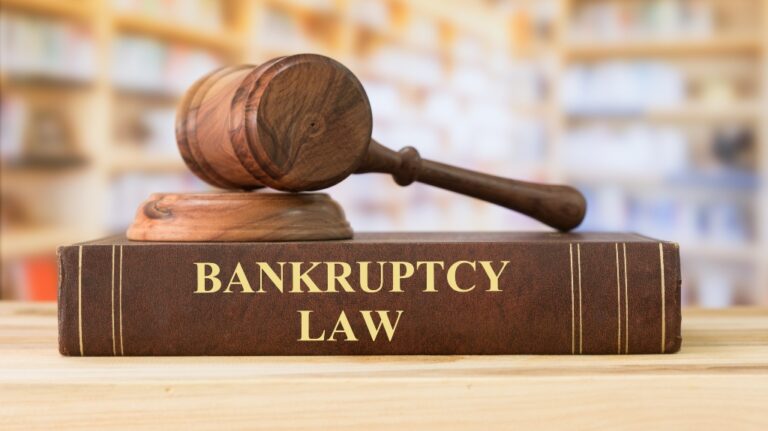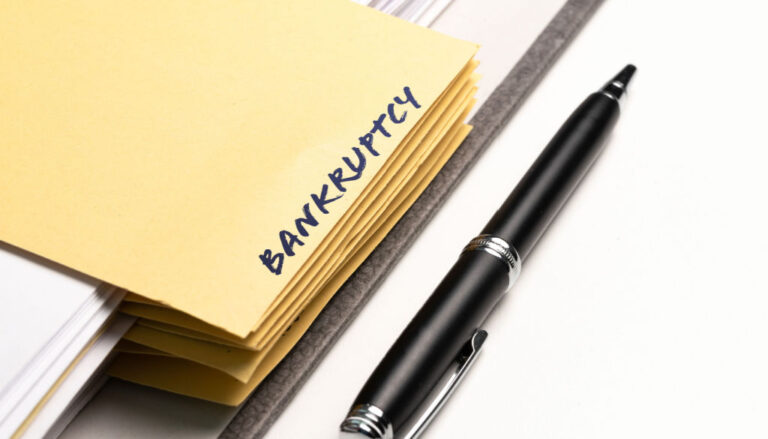A Chapter 13 bankruptcy is different from a Chapter 7 in that you are set up with a 3 or 5 year repayment plan where you pay a percentage of your unsecured debt. Your home and vehicle payments are sometimes also rolled into this plan. But how does your bankruptcy attorney figure out your payment? Most firms now utilize programs to help them calculate the amount you will pay to the trustee each month, but there is still data that they have to collect and enter into the program.
The two most important pieces of information your attorney will collect in regards to calculating your payment is your monthly income and expenses. We have to prove to the courts that your income is steady and reliable—that it can support a Chapter 13 plan. You will be asked to provide six full months of pay records and a list of monthly expenses. It is important to give an accurate accounting of expenses that do not change, such as vehicle payments, insurance and some utilities. After your expenses are subtracted from your income, the rest will be considered disposable income and will be used as your payment. There are expenses that we max out for your household size no matter what you enter. This will help with emergencies that arise during your plan.
Some may ask, are there instances where your payment is higher than what you think you can afford? There are situations that cause your payment to go up:
- If you are behind on your mortgage, then not only will you have to catch that up in the plan, but in many cases, the trustee will require that you roll the payment in. Sometimes the amount needed to pay the amount you back owe is even tough to complete in 5 years in addition to your regular monthly payment.
- Leased vehicles are the only payments that are not put into your plan. This is because you agreed to lease it for a certain time period and we cannot stretch out the debt. If you have a very expensive car that is not a lease, it could affect your plan. Let’s say you are on a 3 year Chapter 13 plan. If you originally were on a 5 year payment with your car, that same amount owed is now packed into a 3 year payment and could cause problems with your ability to pay.
- If you have unprotected assets, you will have to pay that amount back to unsecured. For example, if you have a $100,000 home with no mortgage and we can only protect $63,250 (the current SC resident home exemption), then you have $36,750 in unprotected equity. That means you have to pay $36,750 of your unsecured in the plan. The exception would be if you only owe $20,000 in unsecured debt. You will not pay more than you owe.
The process of filing a Chapter 13 bankruptcy can be a scary and daunting task. Let our bankruptcy attorney, Huong Lam, guide you through and help you get back on track.
If you are interested in speaking with the Lam Law Firm about a consultation, please give us a call at (843) 839-9995 or fill out our online contact form today and we will help you figure out the right path going forward.





